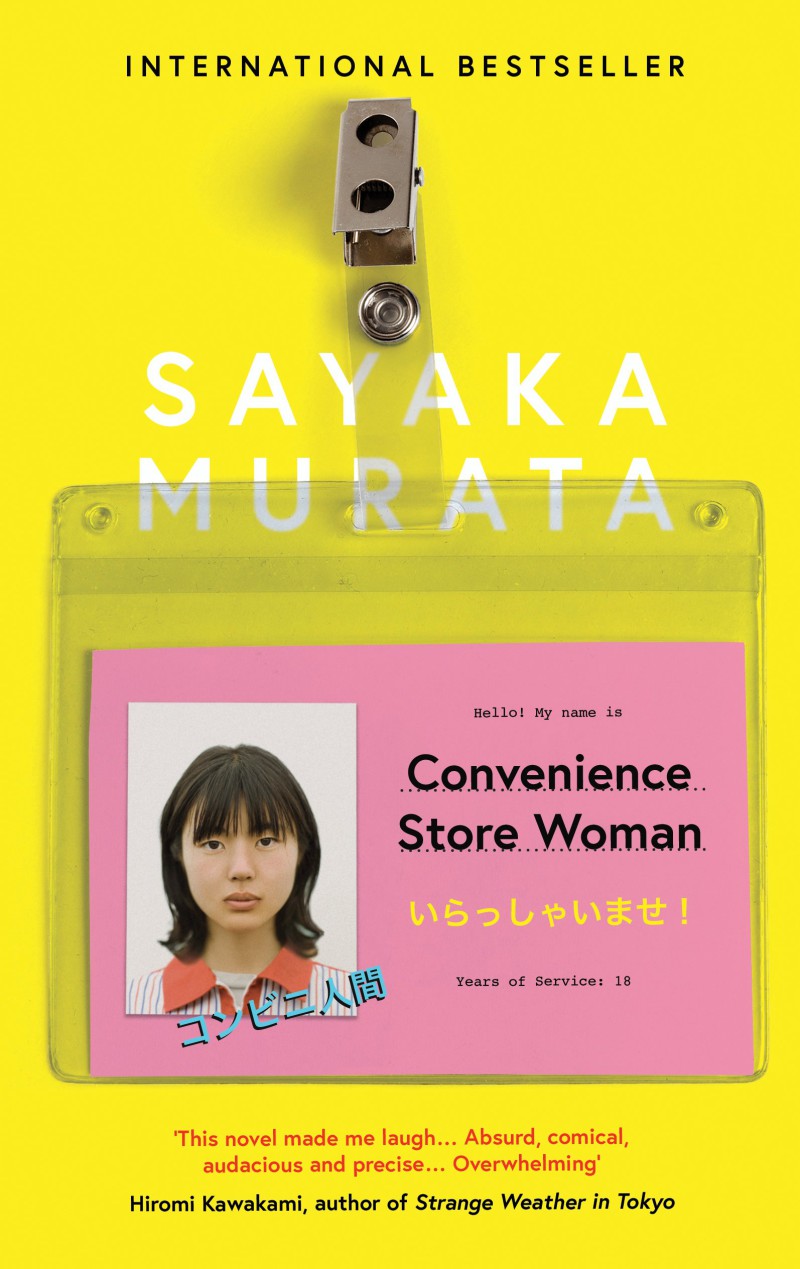
Her frilly beige blouse and carefully tumbled curls set her apart from the 7-11 staff, with their sensible hair and red, orange, and green uniforms, but Murata hovers as if she might be called back into duty at any moment. She worked here until she became so well known as an author that she had to take a job at a different chain. As we enter, Murata casts a practiced eye around the 7-11. Murata and I have plans to sit down in a café and discuss her writing, but first, I suggest we stop by a konbini. The novel, which became Murata’s English language debut when Grove Atlantic published it last week in a translation by Ginny Tapley Takemori, details the life of Keiko Furukura, a single woman in her mid-30s who has been working at a Tokyo convenience store, or “konbini,” for half of her life-just like Murata herself. The author is Sayaka Murata, who became one of the most famous women writers in Japan in 2016 when her novel, Convenience Store Woman, won the Akutagawa Prize, Japan’s most prestigious literary award.

The store is in Tokyo, not far from the Imperial Palace.


An editor, two fans, and an author who just wrote a novel about convenience stores walk into a 7-11 on a windy day in March.


 0 kommentar(er)
0 kommentar(er)
